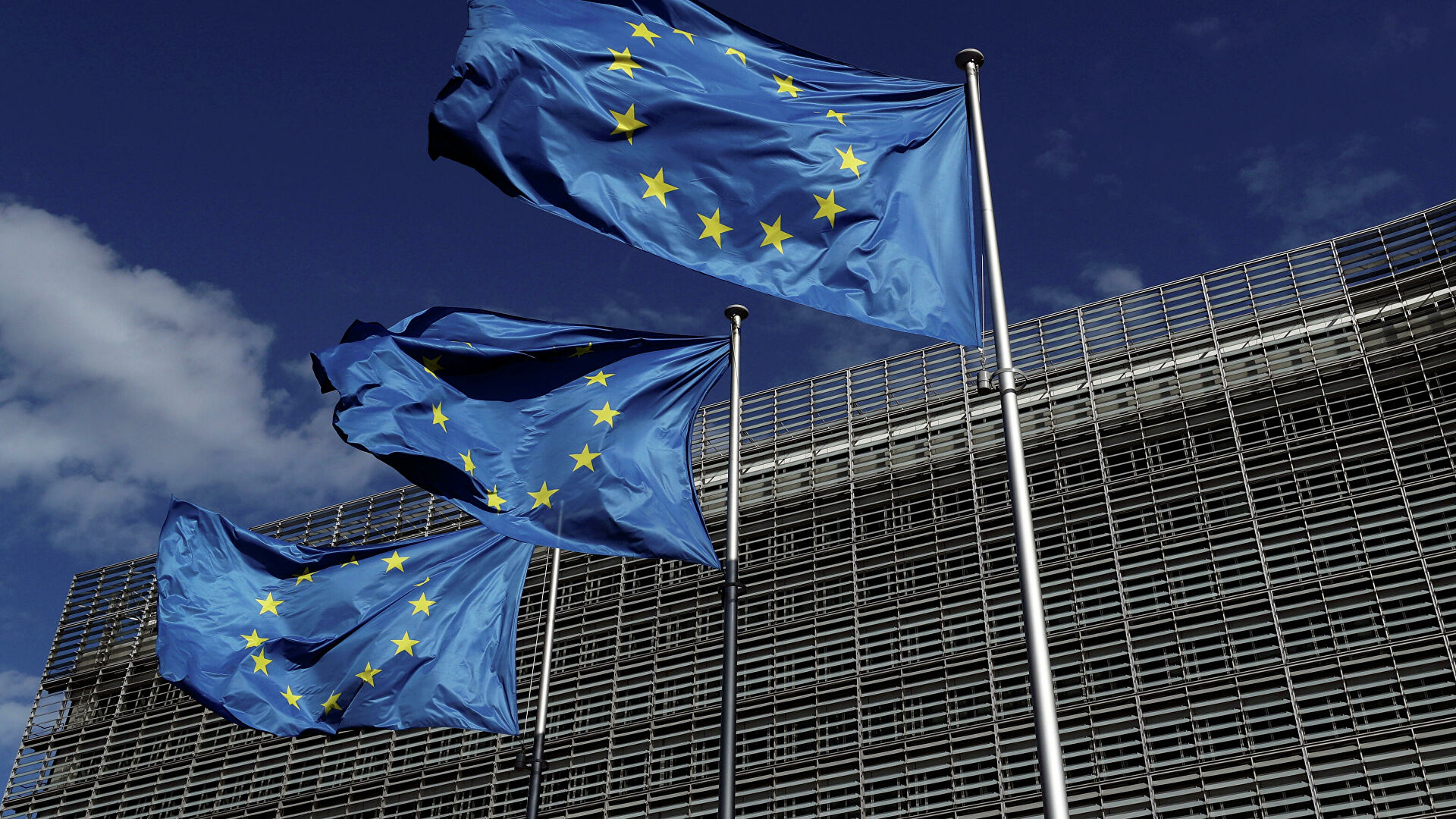The document had been negotiated by the European Parliament and Council for almost two years, which is a rather long period of time even for the EU’s bureaucracy. The reason seems to lie in the fact that the act introduces content policy regulations, including an accountability framework for global digital platforms, that are unprecedentedly tough for the liberal EU. Basically, in many ways, all transnational giants had previously been conducting operations in an uncontrolled manner and, apparently, had been interested in preserving the comfortable regime. However, despite all lobbying efforts, they didn’t manage to stop the process, only slowing it down by bargaining for a “transition period” until February 17, 2024, the general date of entry in application of the DSA.
The Digital Services Act imposes a duty on Internet service providers to limit the spread of illegal content and services in the digital environment, the focus placed on the protection of minors. What’s interesting is that online actors’ legal obligations will be proportional to the size of their target audiences. “Very large” online platforms and search engines with more than 45 million users in the EU’s territory will be monitored most closely. They are now obliged to conduct comprehensive annual assessments of the risks for harms that can potentially be caused by their services—for example with regard to exposure to illegal goods or content or the dissemination of disinformation. They will also have to undertake wide-ranging assessments of threats to fundamental rights, including the freedom of expression and the protection of personal data.
Digital platforms have three months to submit information on their audience and the degree of influence they have on it, which will allow regulatory bodies to choose a regulatory regime for each player in the EU’s market.
Platforms will spend a little over a year working and generating profits in a habitual way, until the mechanism for holding companies legally accountable starts working on February 17, 2024.





